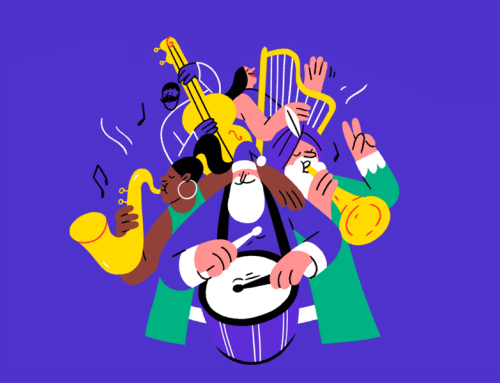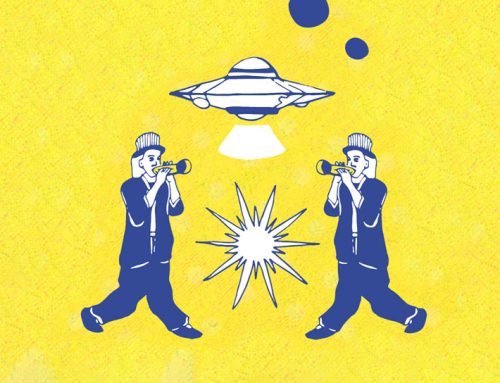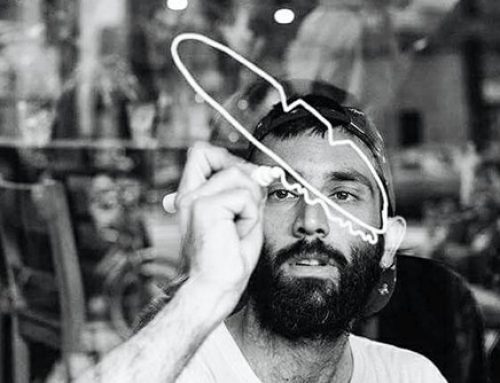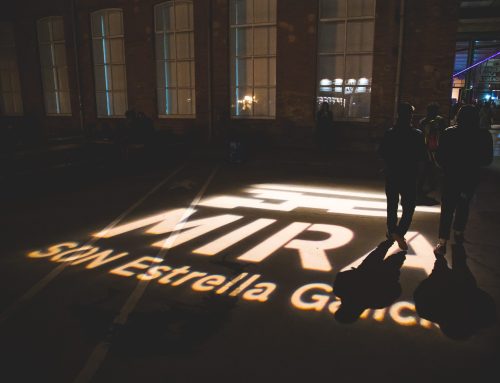During this past election campaign for Barcelona City Council, Esquerra Republicana mayoralty candidate Ernest Maragall insisted his political rivals make no mention of his brother, former mayor Pasqual. It was understood he was calling for respect, due to his elder sibling’s advanced stage of Alzheimer’s, though the hypocrisy was apparent as well. If there was anyone taking advantage of Pasqual Maragall’s legacy as Barcelona mayor (1982-1997) and later Catalan president (2003-2006), it was his dutiful brother Ernest, who had always played a plodding, bureaucratic role alongside Pasqual’s mercurial acuity. It was also clear that the separatist ERC were the party most manipulatively associating themselves with the Maragall name by designating the unlikely (and dubiously separatist) Ernest as their candidate, trying to get voters to forget that the Maragall brothers had spent their entire political lives in the socialist PSC.
In his tenure as mayor, which peaked with the Olympics, Pasqual Maragall also became renowned for his “maragallades”. The term, roughly meaning “Maragall-ish things”, pointed to his penchant for unexpected, off-the-wall ideas that left those around him flat-footed. Or unexpected policy proposals that he had not even bothered to tell fellow party members about. From his earliest days in office, when he spent weeks living in the homes of everyday Barcelonans over a cross-section of neighbourhoods, his way of speaking and doing got mixed reviews. He once proposed the Spanish Senate should relocate to Barcelona. To the 10 official districts in the city, he added a virtual “Districte 11” during the Balkan conflict, channelling solidarity with Sarajevo. Both proposals have been revived by lesser politicians since.
For some Barcelonans this was the sign of a creative visionary; others found his flights of fancy irritating to the extreme. Indeed, the very concept of “maragallades” was invented by his enemies, mostly moneyed right-wing nationalists in the days before independence was an option. What the oligarchies recriminated –even while claiming to be Catalonia’s economic captains– was Maragall’s insistence on thinking outside the box. They should have appreciated his capacity for risk and innovation but were mostly just jealous of it. He knew how to surround himself with talent and ambition, and those near him worked hard to achieve their goals.
What they thought was drug-induced was just Maragall doing things with the uninhibited haughtiness of the enlightened bourgeoisie.
Since Barcelonans voted for Pasqual and he could not be so easily brushed off, those who hated him comforted each other with private slander. The most common insinuation was that he was a drunk, which was expressed by accompanying any reference to the man with a gesture involving tipping your hand up to your mouth: I recall seeing executives do this in conversation. What they thought was drug-induced was just Pasqual Maragall doing things with the uninhibited haughtiness of the enlightened bourgeoisie, of which he was an unabashed representative. He was a grandson of the distinguished Catalan poet Joan Maragall and had no problem reminding everyone of it, like when he insisted that in a proper Spanish education system, students in Galicia would read Maragall, while Catalans would read Galician poet and novelist Rosalía de Castro (who once graced Spain’s 500 peseta bill). He was right, however self-aggrandising the comment. Maragall behaved as if he were untouchable, beyond good and evil, which occasionally led him to play God. On an official visit to Jerusalem as Catalan president, he did an infamous photo shoot with various ministers wearing a crown of thorns, just outside the Church of the Holy Sepulchre.
Other politicians have seen how entire political systems were named after them, like Thatcherism, or economic and social policies, like Reaganomics and Obamacare. “Ism” is also used for the odd semantic turns of a given leader, like George W. Bush and his “Bushisms” (the most famous being “misunderestimated”, which might even make sense). “Maragallades”, in contrast, were not verbal errors, as Pasqual Maragall spoke loquaciously with impeccable diction, his raspy voice carving out the latest surprise.
That his younger brother Ernest changed loyalties to join ERC should not be surprising, since Pasqual too was often uncomfortable in the structure of a single party. His role in the PSC was based on garnering working-class votes for projects that were often most pleasing to well-educated professionals, like the city’s urban planning model. He found coalitions irritating. He eventually proposed the creation of a large centre-left party that would be able to win solid majorities, inspiring his proposal in the American Democrats.
There is little chance Ernest Maragall, who is as dry as they come, will be heard echoing his brother’s style; the “maragallada” legacy has been set and will remain untouched. In any case, in a meritocracy, where talent is recognised and encouraged to flourish, an illustrious surname should never be reason to give someone the reins of power.








